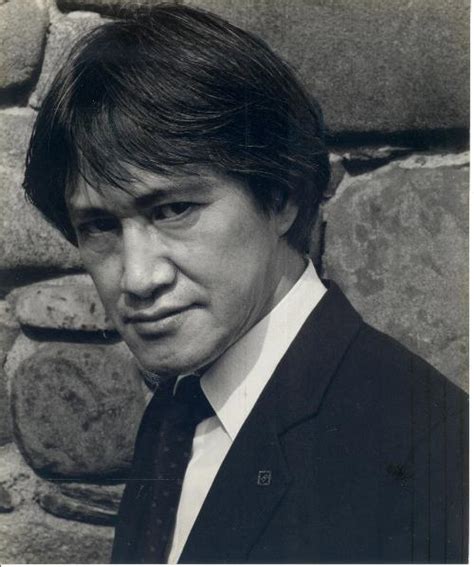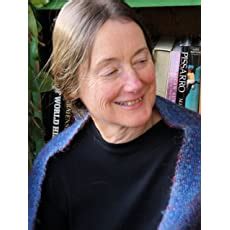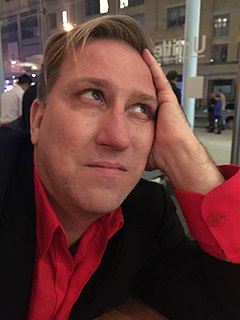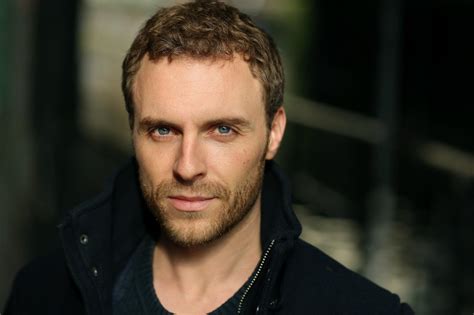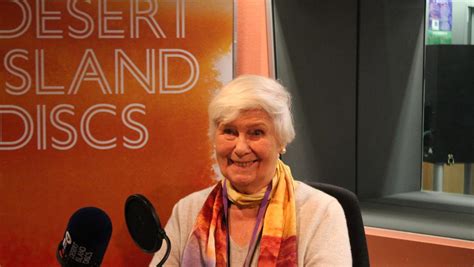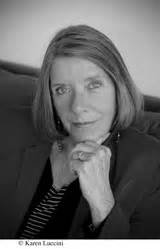A Quote by Mu Xin
Thomas Hardy once advised us to record impressions more and to express ideas less. Now and then I would remember this advice.
Related Quotes
I would not have majored in English and gone on to teach literature had I not been able to construct a counterargument about the truthfulness of fiction; still, as writers turn away from the industrious villages of George Eliot and Thomas Hardy, I learn less and less from them that helps me to ponder my life. In time, I found myself agreeing with the course evaluations written by my testier freshman students:'All the literature we read this term was depressing.' How naive. How sane.
But then why, when talking on the phone, did they quarrel, on average at least once every four sentences? Maybe, though the inspector, it was an effect of the distance between them becoming less and less tolerable with each passing day, since as we grow old - for every now and then one must, yes, look reality in the eye and call things by their proper names - we feel more keenly the need to have the person we love beside us.
I find that a lot of people don't take the advice they're given. But I would do what they suggested, and then follow up with them and say: "Hey, thanks so much. Here's what I did. It worked out great." Now what happens? They feel pretty good about giving you the advice because they had a positive impact. So when I reach out to them again, they're more likely to actually respond to my e-mail or my call. And then they might be more willing to have coffee with me.
Pain (any pain--emotional, physical, mental) has a message. The information it has about our life can be remarkably specific, but it usually falls into one of two categories: We would be more alive if we did more of this and Life would be more lovely if we did less of that. Once we get the pain's message, and follow its advice, the pain goes away.
The mystique and the false glamour of the writing profession grow partly out of a mistaken belief that people who can express profound ideas and emotions have ideas and emotions more profound than the rest of us. It isn't so. The ability to express is a special gift with a special craft to support it and is spread fairly equally among the profound, the shallow, and the mediocre.
